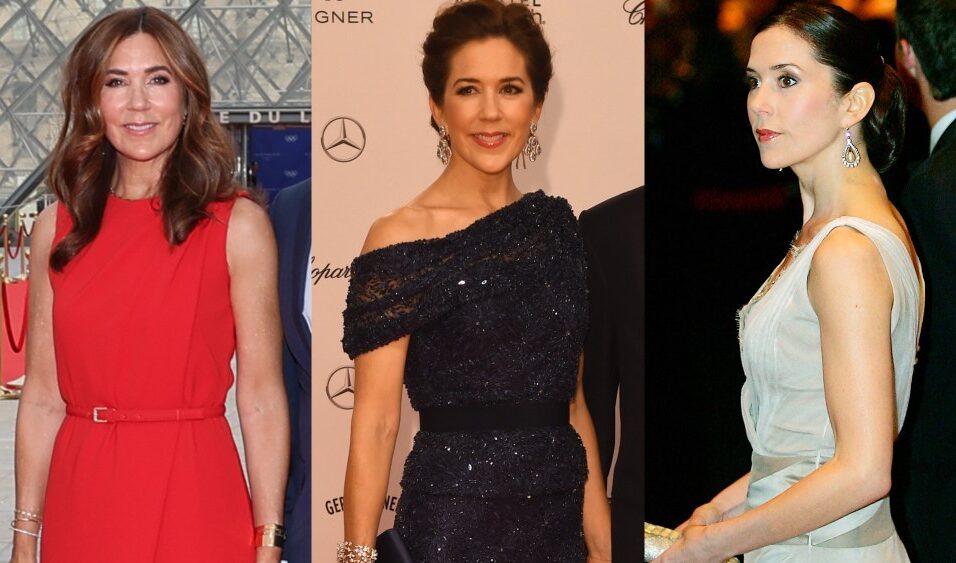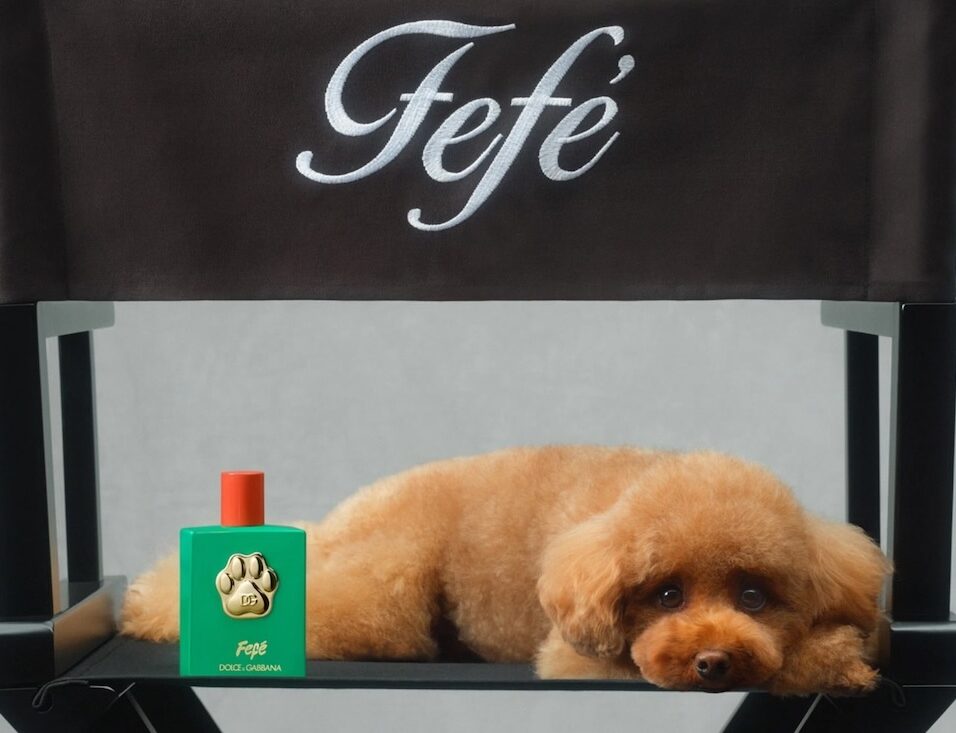The BoF Podcast | Willy Chavarria on Promoting Social Justice Through Fashion

The author has shared a Podcast.You will need to accept and consent to the use of cookies and similar technologies by our third-party partners (including: YouTube, Instagram or Twitter), in order to view embedded content in this article and others you may visit in future.
Subscribe to the BoF Podcast here.
Background:
Willy Chavarria has become a force in American fashion, known for his Chicano-inspired take on menswear. Last year, Willy broke through, winning the CFDA award for Menswear Designer of the Year. For more than two decades before that, Willy worked behind-the scenes in major American fashion companies like Ralph Lauren, American Eagle and Calvin Klein.
But now, he is focused on building his own business. At the centre of his designs is a focus on community and equality.
“I sat with my team before we actually started the Willy Chavarria label and I said that this is how we’re going to move forward with this brand. Everything that we do is going to be aimed to raise people up and to make people feel good and to celebrate human dignity,” he said. “That will be the foundation of the brand.”
This week on The BoF Podcast, Willy joins BoF founder and editor-in-chief Imran Amed to discuss his journey from the San Joaquin Valley into the fashion big-time in New York City, his commitment to social justice, and how the American fashion industry is evolving today.
Key Insights
- Chavarria has always been fascinated by the way people dress. Growing up in the San Joaquin Valley in California, he was far away from the centres of fashion, but still paid close attention to style around him. “Part of my personal outlook was the way people chose to dress themselves in order to project an inclusion in a particular group,” he recalls. “The women in the family, I think of them in the red lipstick and the dark floral dresses getting ready for mass every Sunday, the black veils for the widows and the men with their fine pressed shirts.”
- Growing up half white and queer in a macho, predominantly Latinx environment, Chavarria often felt out of place. “I was always looking at my surroundings as an outsider. It was difficult when I was young, but now I look back on it and I’m so grateful because it gave me a perspective that was highly visual, very analytical, and it gave me so much time to work on my own creativity and to be just kind of in my own world as I grew up.”
- Chavarria says the American fashion system is in flux, and industry leaders need to meet customers where they are in order to stay relevant. “Our lives are so different now than they were ten years ago. It’s so important for business leadership to be much more flexible and much more challenging with ideas in order to stay on top. People really need to be touched in a way that’s more personal and more emotional and more connected to where people are,” he shared, adding that he believes that work involves “being communicative about social issues.”
- Chavarria’s advice for young designers is simple: “Experience is your best friend, because what you learn in school is not what you’re going to learn in the real world,” he says. “I suggest that people get jobs in every level of fashion for the experience. Even if it’s a job you hate, stick it out for a year. It doesn’t matter if you hate it, because that’s where you’re going to learn the most.”
Additional Resources:
- Willy Chavarria | BoF 500. Willy Chavarria is senior vice president of design at Calvin Klein and chief creative officer at his namesake label. He is known for weaving politics, race and sexuality into his designs, and for his commitment to diversity and social engagement in the industry.
- What Does the American Dream Look Like Today? On the first three days of New York Fashion Week, runways full of perfectly respectable clothes were punctuated by flashes of something more eloquent, writes Lynn Yaeger.






Leave feedback about this